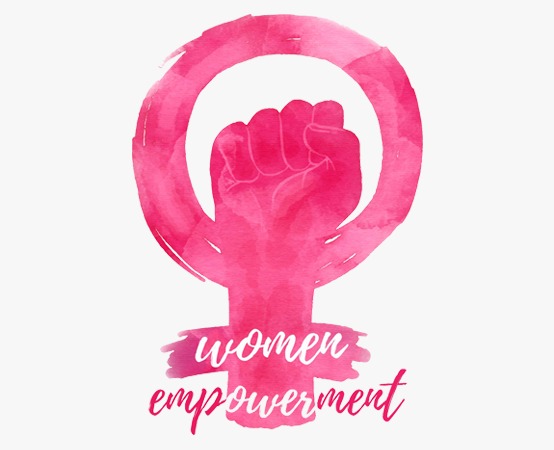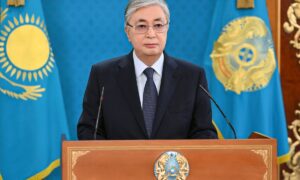Unlocking the Full Potential of Women’s Empowerment in Pakistan

Women are the main pillar of our society, and throughout history, Pakistani women have played pivotal roles in raising our country to greater heights. Exceptional figures such as Fatima Jinnah, Rana Liaquat Ali Khan, Benazir Bhutto, Hina Rabbani Khar, and Asma Jahangir have each made substantial contributions to the empowerment and representation of women in our history. True women’s empowerment can only be achieved by enabling women to have roles in different areas of their lives, including education, finance, health, and decision-making. It’s imperative to understand that the attainment of gender equality is not just a women’s issue; it’s a fundamental human right that benefits society as a whole.
Public and private institutions have recognized these facts and have been diligently working towards empowering women and increasing their participation in Pakistan’s workforce.
While it’s heartening to see such progress, and indeed, country has witnessed improvements over time, it’s far from sufficient. At 22 percent, Pakistan has one of the lowest female labor force participation rates in South Asia. Factors such as low education levels, limited access to safe transport, entrenched social norms, and household responsibilities serve as significant barriers, preventing women from entering and remaining in the formal workforce.
Women’s empowerment can only be achieved by enabling women to take control over various aspects of their lives, including education, finance, health, and decision-making. Gender equality is not just a women’s issue; it is a human right that benefits society as a whole. It is the responsibility of all government institutions, and NGOs to providing women opportunities they deserve, to pave the way for a more equitable and prosperous future.
Recent decades have witnessed significant strides in narrowing gender gaps in education, and increasing women’s participation in the labor force. It is all our responsibility to emphasize the urgent need to address economic disparities, social protections, and political participation faced by women and girls, and concerted efforts are required at local, national, and international levels.
With a youthful female population, Pakistan has a tremendous opportunity to build a productive and healthy workforce by tapping into the potential of women. However, achieving gender equality requires more than just investment; it necessitates a diverse range of gender-sensitive interventions that address the multifaceted barriers women face.
Promoting women’s economic participation often focuses on providing skills training and financial incentives. While these measures are essential, they are not sufficient on their own. Experience from initiatives such as the Punjab Skills Development Fund and the Benazir Income Support Programme highlights the need for comprehensive approaches that empower women and give them a role in decision-making.
Towards a Brighter Future
Addressing cultural norms and societal attitudes that hinder women’s economic participation is crucial. Policies such as safe and affordable transportation can help overcome barriers to women’s mobility, enabling them to access training and job opportunities. Moreover, efforts to promote women’s economic empowerment must span across different income quintiles to foster a change in sociocultural behavior.
Gender bonds present a promising avenue for advancing women’s empowerment in Pakistan. By diversifying the use of the proceeds framework for gender bonds, we can attract a wider base of investors and channel funds into projects that support women-centric initiatives.
From education and healthcare to entrepreneurship and leadership development, gender bonds can finance a wide range of projects that empower women and promote gender equality.
To accelerate Pakistan’s sustainable economic growth, it needs to be ensured that the female population is economically active. Banks can also provide low-interest-rate financing schemes to women entrepreneurs for green or eco-friendly businesses. The proceeds from the issuance of gender bonds may also be invested in organizations providing equal employment opportunities to females or breaking the glass ceiling with female leadership. The provision of suitable, affordable and quality financial services to all segments of society contributes to balanced as well as sustainable economic growth and development.
Advancing equality and diversity in the banking sector is a compelling proposition rather than a zero-sum game. Establishing gender as a pillar of strategies will produce a swifter and more-inclusive transition to sustainable energy.
Unlocking the full potential of women’s empowerment in Pakistan requires collective action and unwavering commitment. It is essential to recognize and address the multifaceted barriers that hinder women’s economic empowerment and participation in society. By leveraging financial instruments such as gender bonds and implementing gender-sensitive policies, we can build a more equitable and prosperous future for generations to come. Embracing equity and promoting gender equality is not just a moral imperative; it is essential for the sustainable development and progress of our nation.


